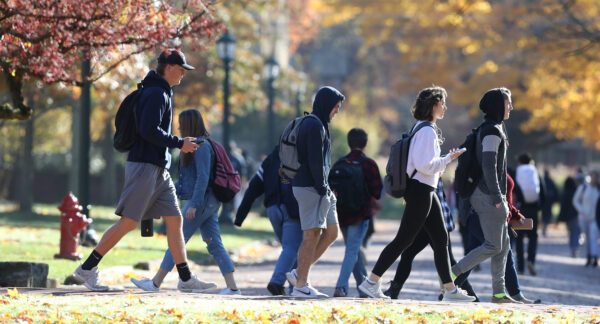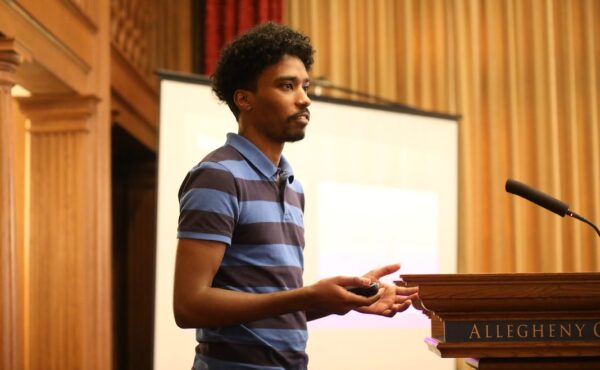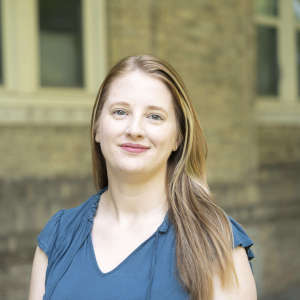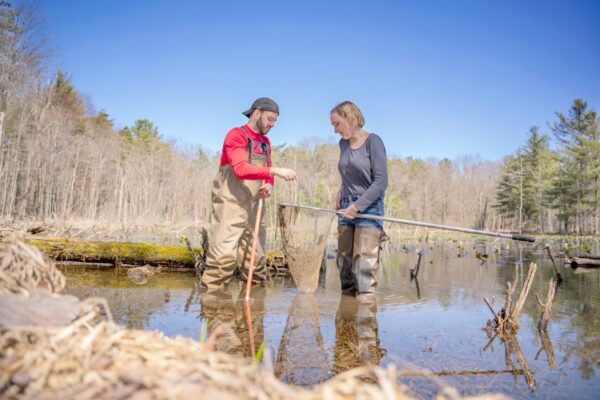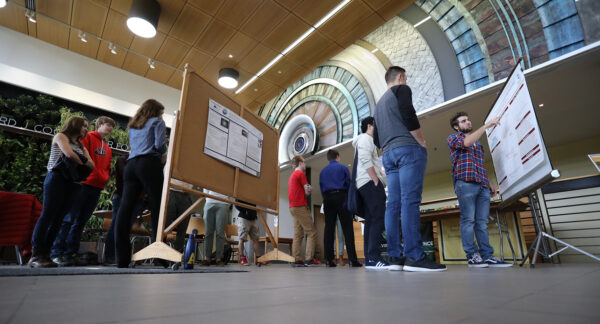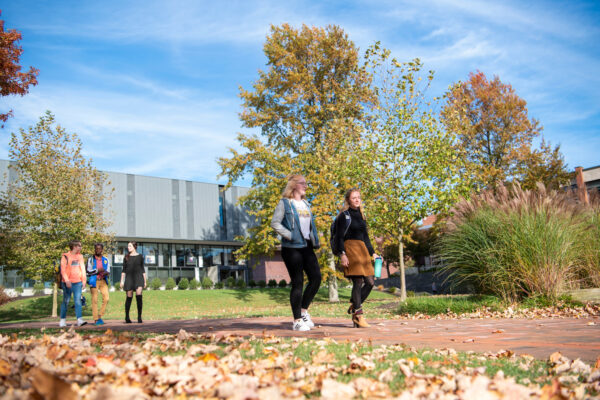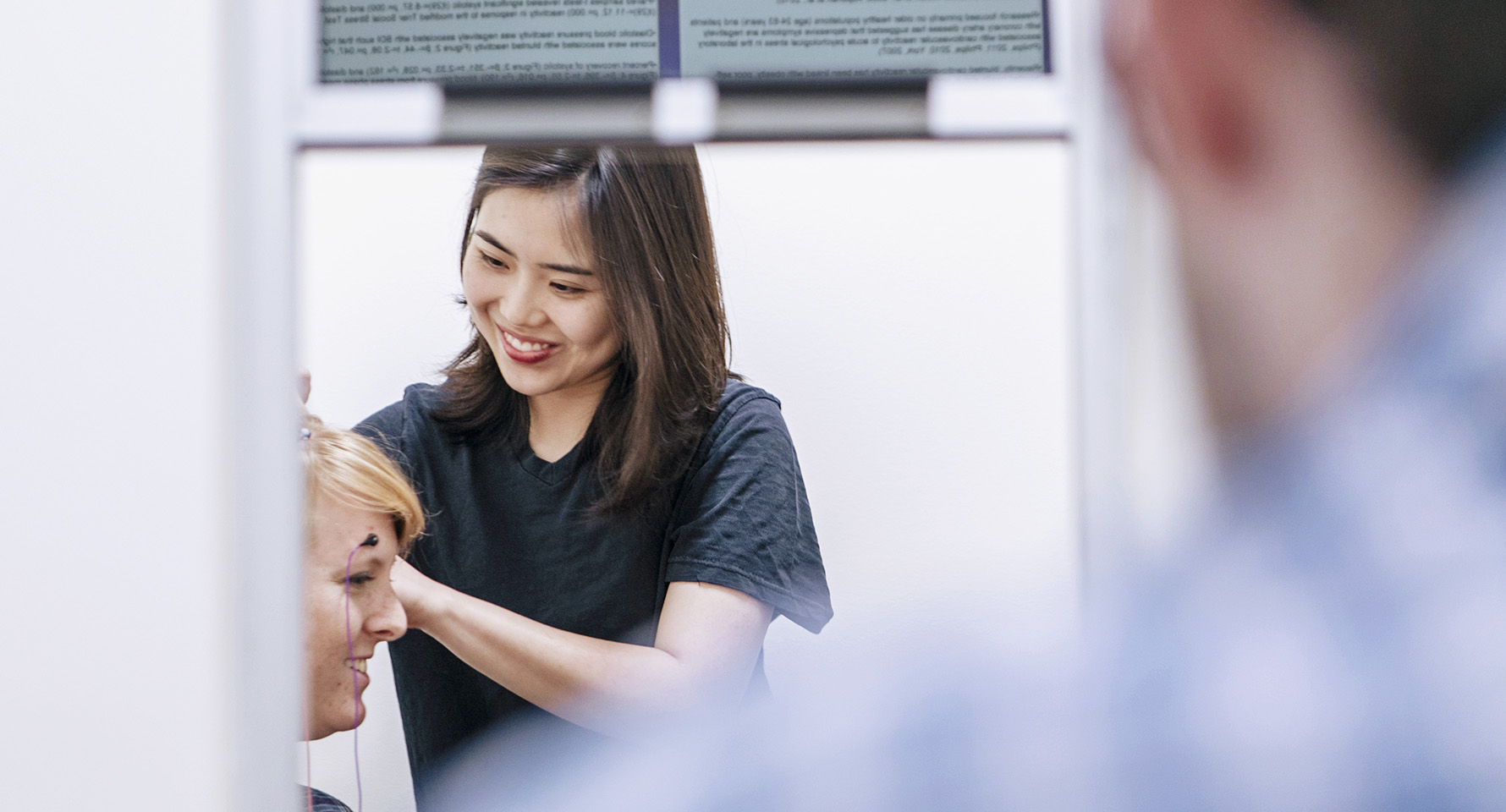
Neuroscience
Mathematics and Natural Sciences
Why Major in Neuroscience at Allegheny College
Study the brain and nervous system, drawing upon biology and psychology and exploring areas such as development, sensation and perception, behavior, cognition, learning and memory, movement, sleep, and stress. You’ll gain research, analytical, and communication abilities valued by employers and graduates schools alike.
Unusual Combinations
Students often combine Neuroscience with:
Division
- Mathematics and Natural Sciences
Program Type
- Major
Number of Credits
54-58 for majorWhere Neuroscience Alumni Work Today
Project Manager
University of Pittsburgh
Kathryn Little ‘01
Sr. Director, Opportunity & Inclusion Center
Council for the Advancement and Support of Education
Ben Walker ‘91
Head of Medical Communications
Rhythm Pharmaceuticals Inc.
Paul Miller ‘92
Psychiatrist
Matthew DeJohn, M.D. Private Practice
Matthew DeJohn ’95
Scientist
Biogen
Karl Richter ’84
Professor of Neuroscience, Psychiatry and Psychology
University of Pittsburgh
Anthony Grace ’75
Professor of Psychology and Neuroscience
Program Director
Deanne Buffalari ’99
Orthopaedic Spine Surgeon
Tufts Medical Center
Ashley Rogerson ’06
CEO and founder
BEAM Diagnostics
Sarah Snider ’09
President & CEO
Interphase Materials
Noah Snyder ’10
Resident Physician
University of Pittsburgh Medical Center
Benjamin Zuchelkowski ’15
Throughout my experiences in this program, I met lifelong friends and colleagues who have only furthered my love and appreciation for neuroscience and how it can apply to every aspect of our daily lives on many levels. Now, as a medical student, I am able to use what I have learned to work toward another of my lifelong goals: becoming a physician.
Your Four-Year Journey
Year 1: Understanding
Neuroscience majors gain an understanding of how nervous system function is related to sensation, movement, behavior, cognition, and health. Graduates can apply the knowledge and skills learned in laboratory research, medical/health, policy, and educational settings, among others.
Year 2: New Approaches
In 200-level courses, you begin to understand the tools and methods used in neuroscience research. You’ll also start to see connections between sensory processing, behavior, cognition, and health.
Year 3: Delving Deeper
Now it’s time to start taking your first steps to conduct and interpret the results of neuroscience experiments in the Junior Seminar. The seminar is built as an advanced research course where advisors will guide you.
Year 4: The Comp
Neuroscience majors display their oral and written skills with the Senior Comp. The comp is a unique research project where students investigate a topic of their choice and develop a unique thesis.
Faculty and Staff
Email: kwarren@allegheny.edu
Phone: 814-332-2392
Email: rblair@allegheny.edu
Phone: 814-332-5326
Featured News

The Allegheny Review Attends Conference In Los Angeles To Learn About Publishing Industry & Make International Connections
Peyton Bender ’26 and Joseph G. Klepeis III ’26 serve as the senior editors of the oldest national undergraduate literary magazine in the United States, committed to undergraduate works of poetry, fiction, and creative nonfiction.


